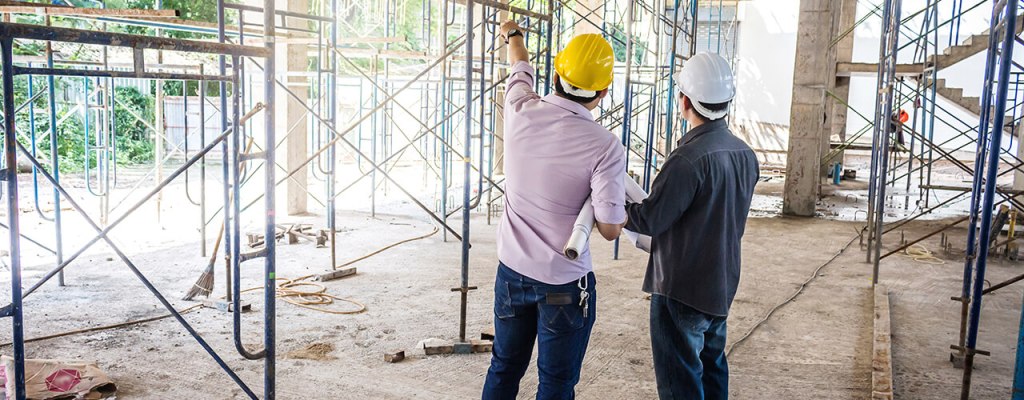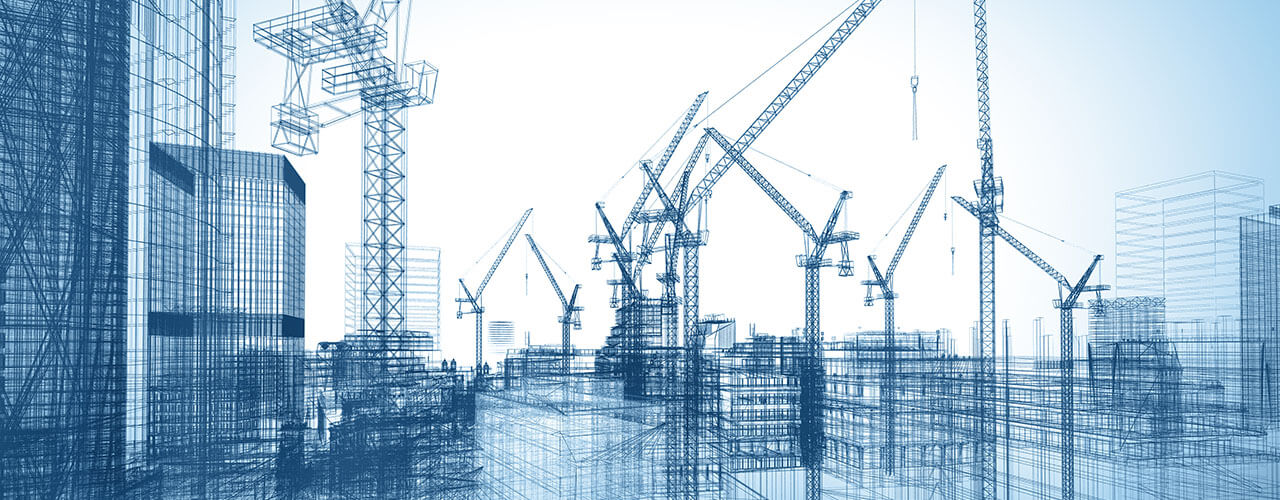When you enter the world of development and commercial real estate you will probably encounter some industry-specific terminology. Speculative development might be one such technical term you should familiarize yourself with, and we’re here to help you. We’ve put together a comprehensive guide to help you learn all you need to know about speculative development (sometimes referred to as speculative construction).
The definition of speculative development
Simply put, speculative development basically means purchasing a piece of land or undertaking a construction project without any strict pledges regarding what they will end up doing with it. To elaborate further, the developer does not know in advance exactly how the venture will unfold, but has faith that by the time the project is finished, suitable buyers or leasers will appear, if market conditions are favorable.
Speculative construction is in stark contrast with the traditional way development businesses are handled. More usually, a builder is contacted by the client with an entire plan already established, with set goals and even an end date in mind.
Instances of speculative construction
There are many examples of situations where speculative construction is preferred over regular development. One such instance is when a developer purchases a piece of land on which they will construct a number of houses with the aim of selling them upon their completion. Tract homes are also speculative construction projects, when a model home is built with the aim of showcasing it to potential buyers who can then order the construction of a similar house. Re-purposing a building into a block of flats with apartments to sell or rent out is another example.

Source: Shutterstock
But not only residential real estate listings count as speculative constructions, since there are quite a few commercial constructions which fall into this category as well. One example is when developers purchase land on which later on they’ll construct retail space to either lease out or sell. Another instance is the construction of office buildings or even business parks, which the developers can sell or rent out to small local businesses and organizations.
When to get into speculative development?
Speculative development can prove to be quite risky (more on that below), so there is a set of circumstances which need to be considered before jumping on the bandwagon. You can consider undertaking such a task if you come across available and suitable construction sites and if residual valuation proves to be positive. The latter is the process through which land is analyzed, valued and then determined to be suitable for construction.
You’ll also need to take into consideration whether the land meets the demands of the project you have in mind regarding its type, size and the complexity of its legal status. Furthermore, you’ll need to estimate the market conditions, the time period involved in completing your project and whether or not you can get the permissions, financing and investment funds needed to have a profitable development in the end. Comparing it with similar projects in the area can also benefit your plans, not least with regard to its potential return on investment.
Risks and liabilities in speculative construction
As with every kind of large-scale business, speculative construction also has its fair share of risks and liabilities. Though the majority of these big and expensive projects are generally carried out by large corporations, building companies speculating on small-scale speculative development operations are also quite a common sight.
One of the key elements of a successful project is timing, since a developer has to buy their land at a suitable price, complete the construction work whilst the market is low, and then look for buyers or lessees once the market has recovered and they can turn a profit. The risk is high, because the costs are also soaring, and since no one can know with certainty what the future might hold, there’s quite a big chance that developers can misjudge market conditions.

Source: Shutterstock
Even once the project is complete, there’s always a chance that one might not find buyers. In these cases speculative developments can remain unoccupied and developers can even go bankrupt. Take the case of New York City in the 1980s, when a glut of vacant office spaces in Manhattan depressed rents throughout the market.
So, before you dive headfirst into a speculative construction project, consider all the risks, make sure you thoroughly analyze the market conditions, and choose your timing wisely to lower the chance of getting into financial difficulties.
Ready to begin your search for an office space? Visit commercialcafe.com and browse through more than 125,000 office, industrial and retail listings across the U.S.










